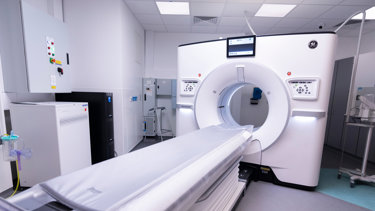
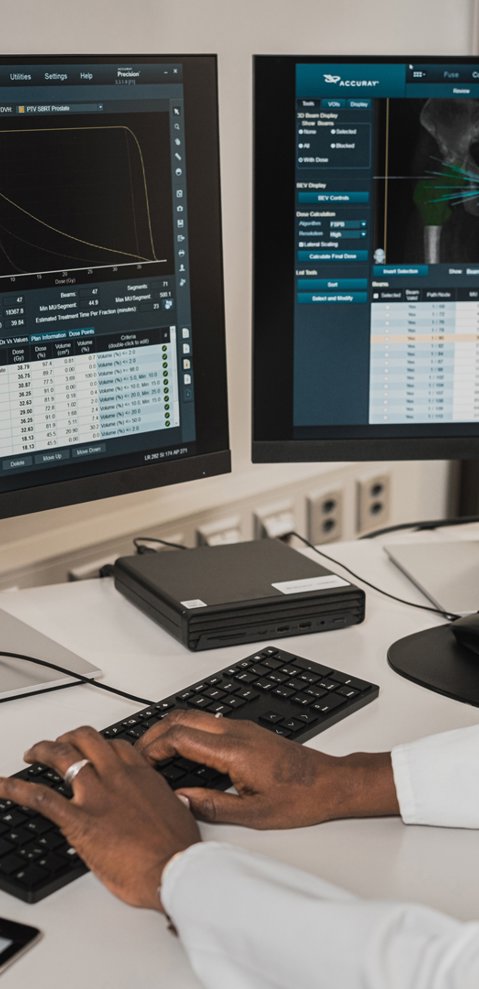
Exams & training
These resources include help and guidance on taking the exams, alongside regulatory policies that mean our doctors are working to the best of their abilities.
Our support of specialty training means that we can offer up-to-date curricula, ensure that recruitment processes nationwide are practical and fair for our specialties, and provide individualised support to trainees as and when they need it.
Find the relevant section for you below.
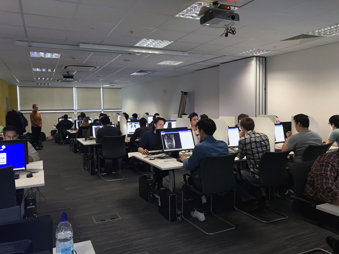
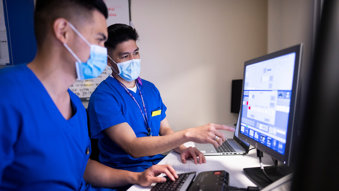
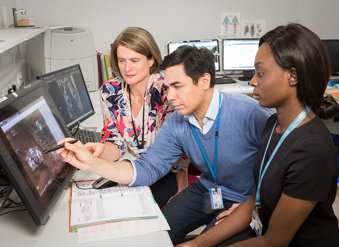

Explore our Trainee Hub
Why become a member?
Exclusive member-only access to guidelines and free subscriptions to journals and publications.
Take advantage of our guidelines and gain unrestricted access to digital copies of the journals and publications related to our specialties, clinical radiology and clinical oncology.
Maintain your continuing professional development with a large range of learning activities and educational discounts.
Explore innovative e-learning tools and programmes from our e-learning platform, RCR Learn, created by our members, and enjoy exclusive member benefits such as significant discounts on our online and in-person courses.
Access to our meeting and working facilities with discounted rates for meeting rooms and hotels.
Benefit from savings on reservations for meeting rooms at the College, available for both Fellows and members, along with reduced rates for booking hotel rooms in the Lincoln’s Inn Fields vicinity.
Exclusive member-only access to guidelines and free subscriptions to journals and publications.
Take advantage of our guidelines and gain unrestricted access to digital copies of the journals and publications related to our specialties, clinical radiology and clinical oncology.
Maintain your continuing professional development with a large range of learning activities and educational discounts.
Explore innovative e-learning tools and programmes from our e-learning platform, RCR Learn, created by our members, and enjoy exclusive member benefits such as significant discounts on our online and in-person courses.
Access to our meeting and working facilities with discounted rates for meeting rooms and hotels.
Benefit from savings on reservations for meeting rooms at the College, available for both Fellows and members, along with reduced rates for booking hotel rooms in the Lincoln’s Inn Fields vicinity.
